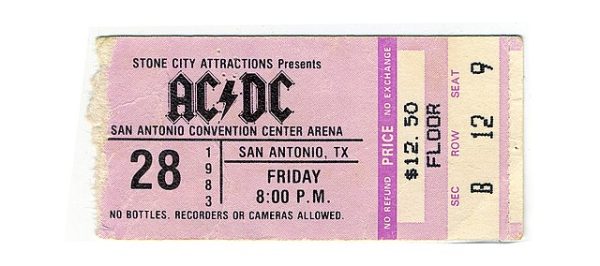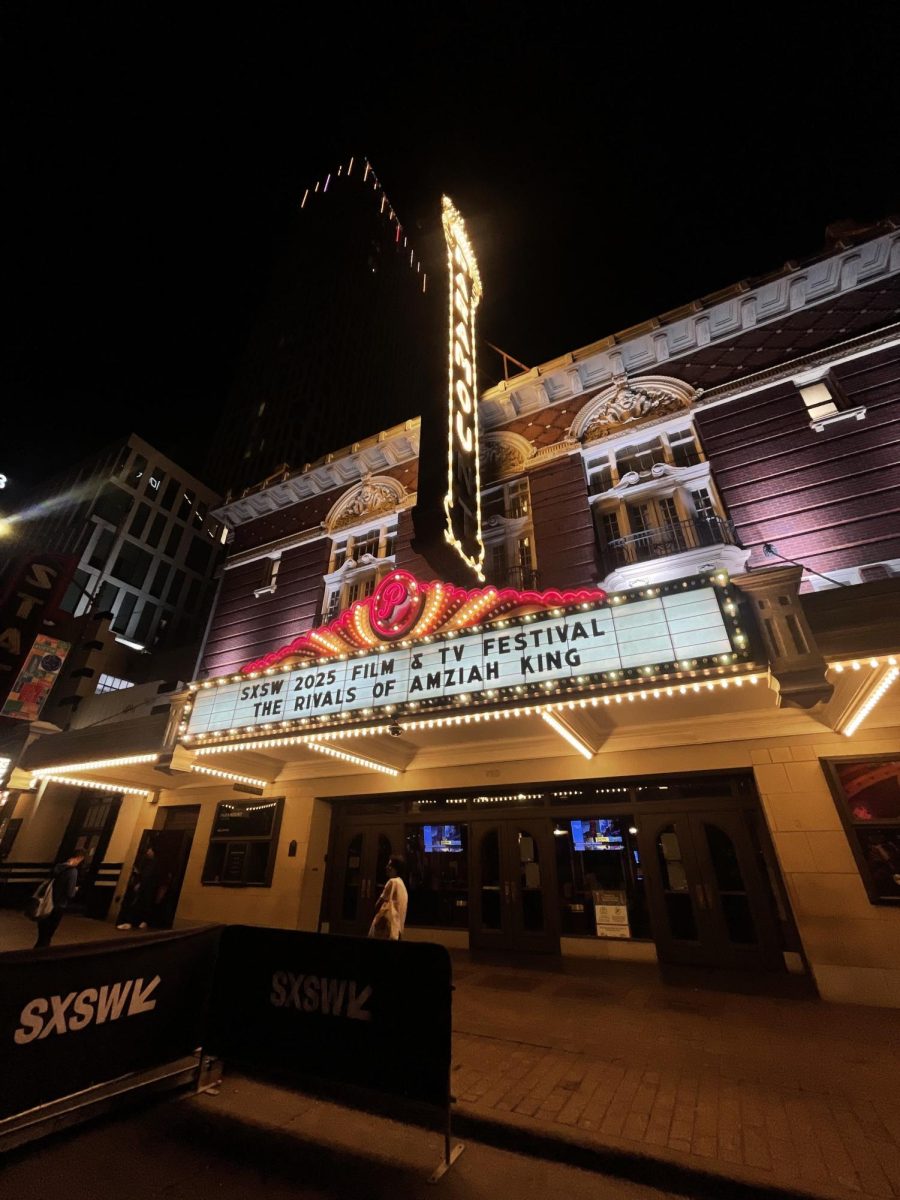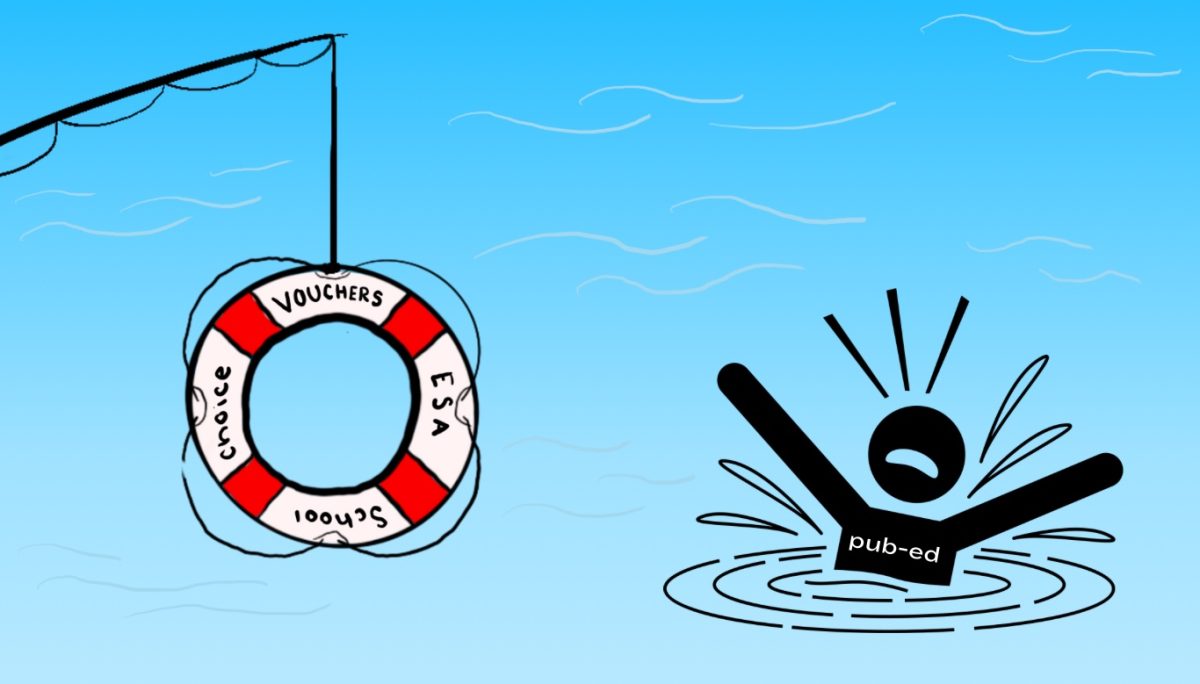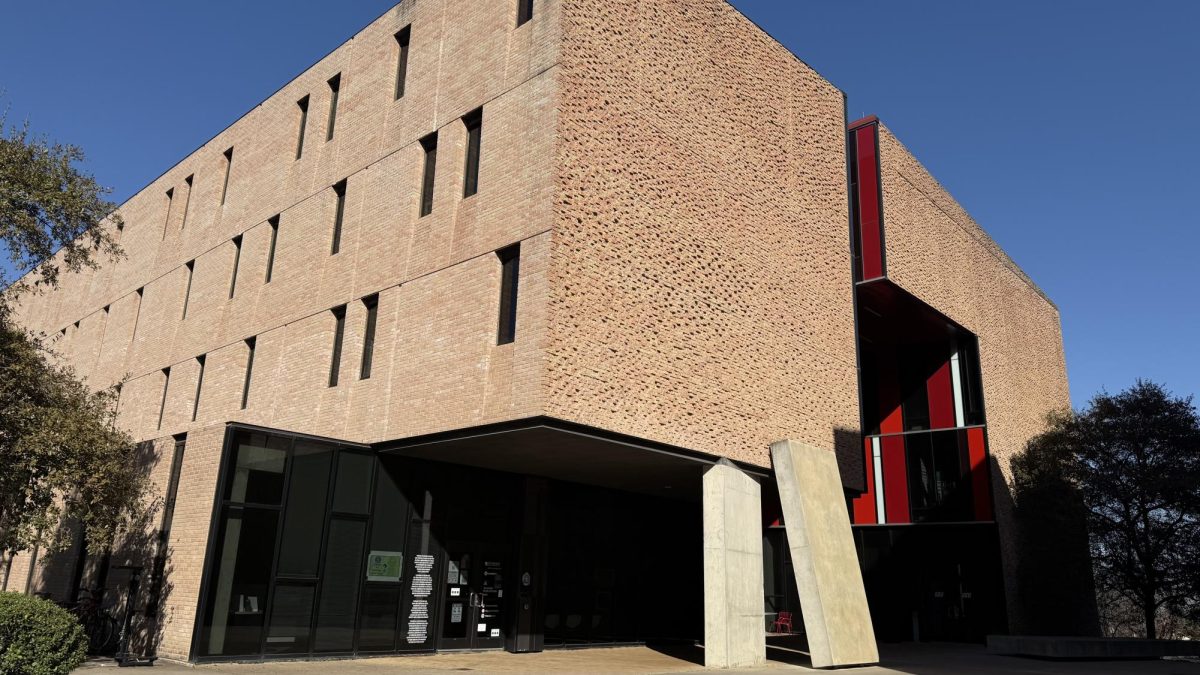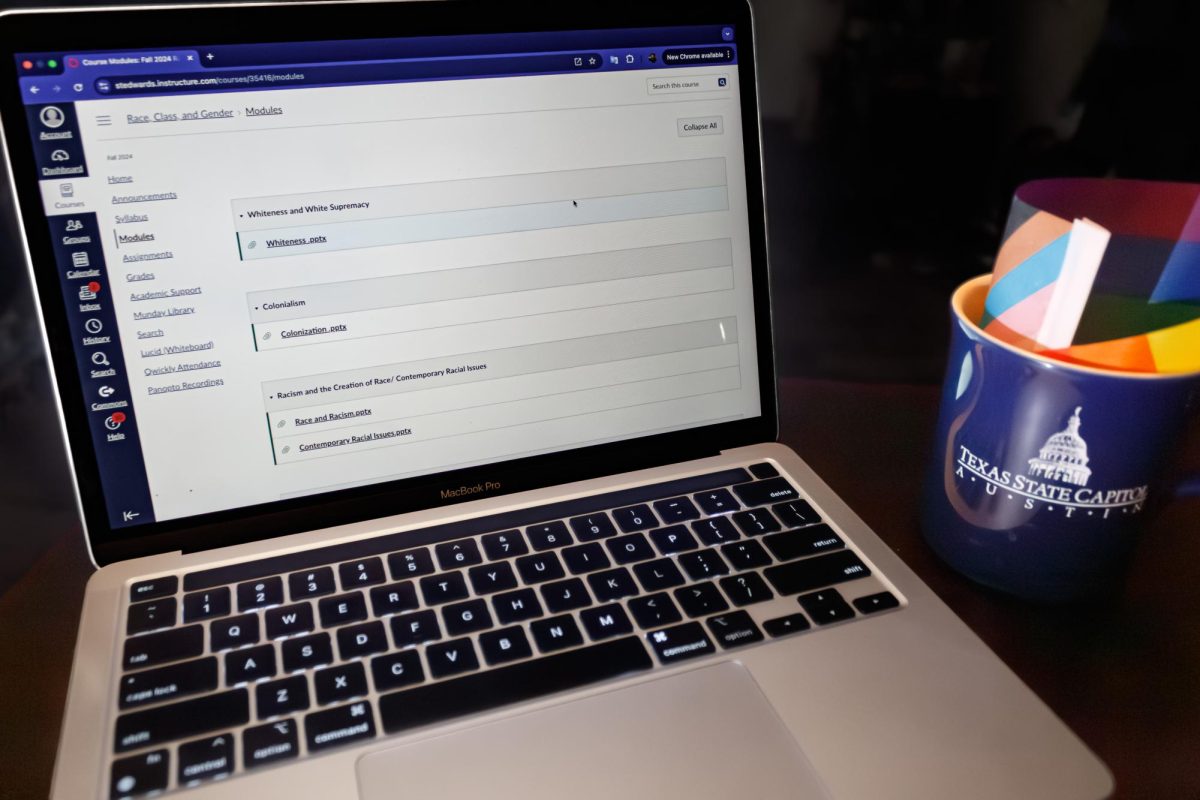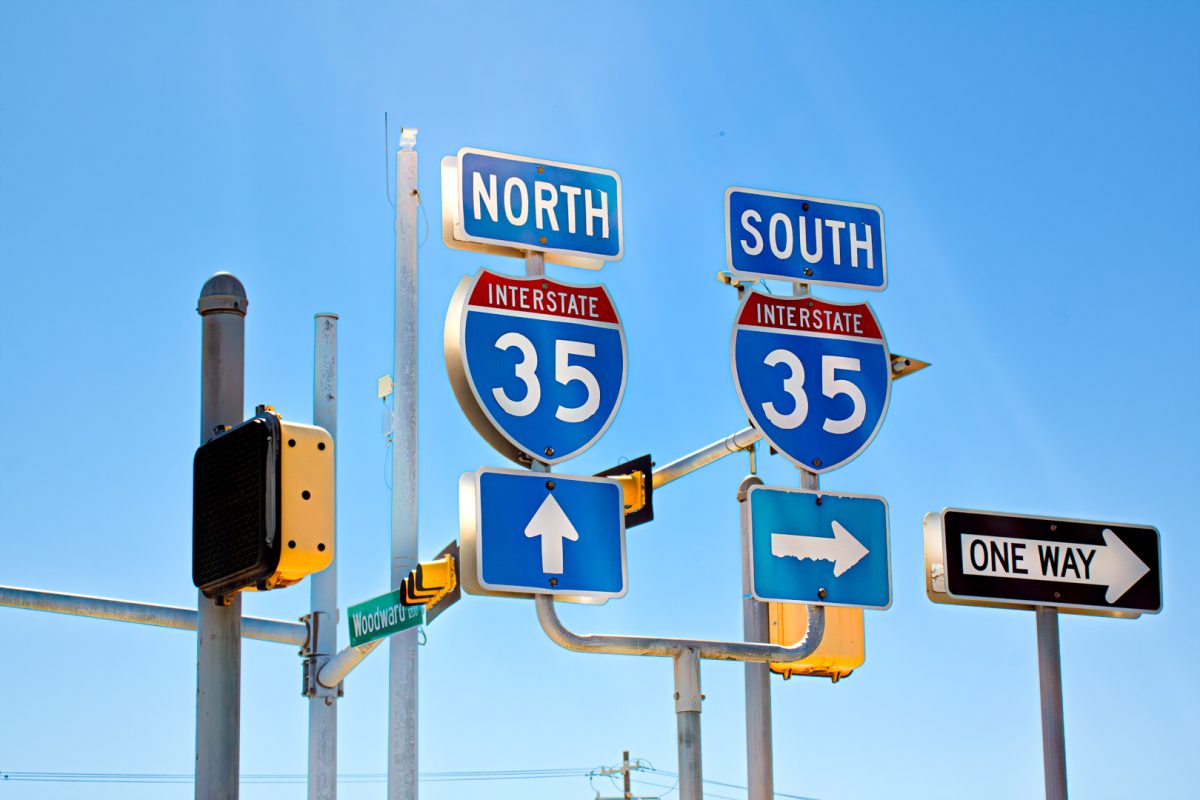Beyoncé’s announcement of the “Cowboy Carter” tour has reignited the now all-too-familiar frenzy for concert tickets in the United States. As eager fans, including myself, rushed to secure seats, they were met with digital queues numbering in the tens of thousands and sky-high prices that often reached well into the thousands of dollars. All the while, European fans had a vastly different experience: shorter wait times and prices that people could afford without paying an arm and a leg. These differences in pricing and wait times are mainly due to differences in regulations regarding ticketing. The European Union’s laws against price gouging have protected live music and sports fans from manipulative payments through strict regulation.
In contrast, the United States is still a battleground for ticket buyers. Resale platforms and dynamic pricing models allow prices to soar beyond what the average fan can afford. When in the queue for Cowboy Carter tickets, a disclaimer popped up on our screens noting that prices would range from $76 and up. This was not the case when you finally got into the process of selecting a seat. Tickets in the nosebleeds were $400 and above, and even if you were willing to spend that much, even these were scooped up so quick there were barely any to purchase.
Ticketmaster is dominated by resellers who use bots to buy up tickets in large quantities. This further exacerbates the issue, driving prices to astronomical levels within minutes of a tour’s announcement. Ticketmaster and Live Nation — the industry’s main ticketing platforms — have been scrutinized for these practices by fans and entertainers alike. After Taylor Swift’s Eras Tour fiasco, she took to instagram to speak to her fans.
“I’m not going to make excuses for anyone because we asked (Ticketmaster), multiple times, if they could handle this kind of demand and we were assured they could,” Swift said. “It’s truly amazing that 2.4 million people got tickets, but it really pisses me off that a lot of them feel like they went through several bear attacks to get them.”
In 2023 the U.S. House of Representatives passed the TICKET Act, a bipartisan measure aimed at curbing these exploitative practices by enforcing full transparency in ticket pricing. The bill seeks to eliminate hidden fees, prevent deceptive resale tactics, and provide clearer price breakdowns for buyers.
However, with political landscapes shifting under Trump’s presidency, the future of these regulations remains uncertain. With the administration’s historically deregulatory stance on consumer protections, buyers are concerned that efforts to reel in these ticketing abuses may take longer than suspected or just halt entirely.
This issue is not new — for years, music fans in the United States have had to contend with an industry that prioritizes profit over accessibility. The recurring cycle of ticket-buying chaos begs the question: what can be done outside of legislation to address this economic inequity?
One potential solution lies in the hands of artists themselves. Some musicians, including Taylor Swift and Bad Bunny, have experimented with alternative ticketing methods such as fan verification programs, anti-bot protections and dynamic pricing structures meant to ward off resellers.
Their efforts have yielded mixed results, often unintentionally inflating prices further. Beyoncé, like many artists with large fanbases, has taken steps to make her concerts more accessible, like having fans sign up for presales.
A better approach might involve direct-to-consumer ticketing methods, where artists could sell tickets without the interference of major ticketing platforms. In 2014, Foo Fighters established the #BeatTheBots campaign in which they set up in person presales at box office pop ups for stops on their tour. Consumer advocacy also plays a crucial role. Fans can exert pressure on lawmakers to uphold and advance ticketing reforms and support local, independent venues that offer more transparent pricing methods.
The battle for fair concert ticket pricing is far from over. Every week artists are announcing tours that cause craze after craze. As the demand for live music continues to grow post pandemic, the need for a more equitable ticketing system becomes increasingly urgent. Whether through legislation, artist-led initiatives or grassroots advocacy, fans and industry stakeholders alike must work together to tear down the barriers that prevent music lovers from experiencing live performances.


